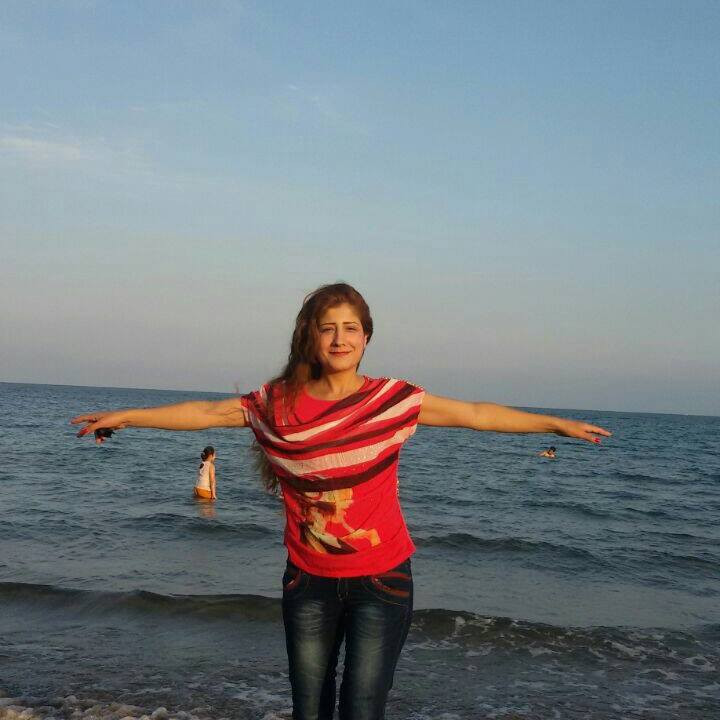Migrant crisis: Desperate relatives search for Syrian housewife who disappeared after Greece shipwreck

Syrian Roeda Amir was on a smuggler's boat carrying up to 35 people when it capsized between the small Greek islands of Agathonisi and Farmakonisi just 10 miles from Turkey.
A housewife in war-torn Syria, the 39-year-old ethnic Kurd planned to seek asylum in Europe after reaching Greece by boat with her brother, Rodin.
But those dreams were shattered in the Aegean Sea on 7 July during the deadliest Mediterranean shipwreck since May.
Roeda is one of 16 people declared missing or feared drowned in the incident. Her brother was rescued by the Greek coastguard and is at a hospital on the island of Samos.
And while Greek and Turkish coastguards have rescued respectively eight and 11 people each, only five bodies have been retrieved.
Roeda's cousin, Khaled Ameer, contacted in a desperate plea to find her after IBTimes UK published a report on the shipwreck.
"We haven't had any news about her, we are depressed. Please can you help me?" he said via Facebook.
"My uncle is worried and he's always crying. Same thing for his wife. I always check the news on the web but there is no news, unfortunately."
The family is from Afrin, a town in northern Syria in the Aleppo Governorate that became part of the autonomous Kurdish region of Rojava. In the past few days, Roeda's father has left Rojava to go and search for his daughter in Turkey.
"I can't explain in words the state he's in," said Ameer, who arrived in the UK two years ago and now lives in Nottingham.
"If she's dead, we need to know to hold a funeral for her. But we don't know anything yet."
He agreed to share a photograph which shows Roeda spreading her arms and smiling on the beach on a sunny evening.
IBTimes UK contacted the International Organization for Migration (IOM) in Greece which said it was looking into Roeda's case. The Greek coastguard has yet to reply to a request for a list of missing persons during the shipwreck.
Survivors allegedly said that the 15 people that were missing were locked in a room inside the boat and could not open the door. "The coastguard needs a diving expedition to recover the bodies," Ameer said.
More than 68,000 migrants, mainly Syrian, Afghan and Iraqi refugees, have attempted to cross the Aegean from Turkey to the Greek islands, which is double the total figure of arrivals in 2014.
In islands such as Lesbos, which has a population of about 90,000, the arrivals may cause a humanitarian crisis with debt-ridden authorities unable to cope with the unprecedented influx of asylum seekers.
It has been calculated that about 1,000 refugees arrive on the shores of Lesbos daily and more migrants arrived on the island in June than in the whole of the previous year, according to the United Nations. There were about 15,000 arrivals in June as opposed to the 12,187 in 2014.
© Copyright IBTimes 2025. All rights reserved.






















